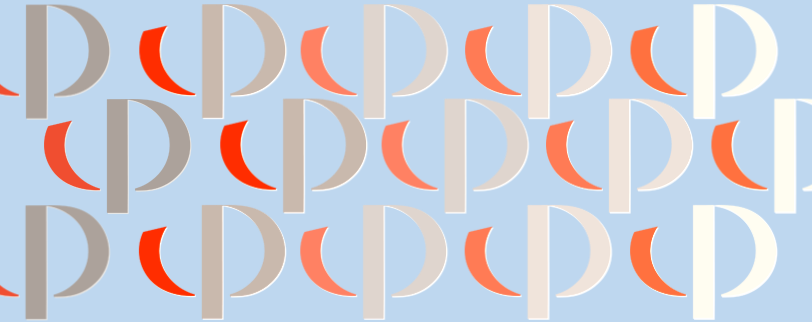APA Awards 2017 Journal of Value Inquiry Prize
The American Philosophical Association (APA) has announced the winner of the 2017 Journal of Value Inquiry Prize. The prize is for “the best unpublished, article-length work in philosophy by a non-academically affiliated philosopher.”
This year’s winner is Alberto Urquidez, for his paper, “What Accounts of ‘Racism’ Do.” Dr. Urquidez is a visiting scholar at Purdue University, where he received his PhD. He works in social philosophy and philosophy of language, with a current focus on race and racism.
The prize includes $500 and the publication of the paper in the Journal of Value Inquiry (by mutual agreement of the author and the editors of the journal).
In a press release announcing the award, the prize selection committee is quoted as saying:
In ‘What Accounts of “Racism” Do,’ Alberto Urquidez argues that, because accounts of racism must respond to practical concerns that prompt disputes about racism, they cannot be normatively neutral. The paper offers a careful analysis of a debate over whether overuse of the term ‘racism’ can be resolved by an account of racism that aims at capturing actual linguistic practice.
Anthony Manela received an honorable mention for his paper, “The Nature and Value of Imperfect Rights.” Dr. Manela is currently an adjunct lecturer of philosophy at Georgetown University, where he received his PhD.
Of Dr. Manela’s paper, the selection committee says:
Some say rights are what give agents standing to demand, which functions to sustain the respect we owe each other. Then what are imperfect rights? In this ambitious and thoughtful paper, Anthony Manela sketches a theory of imperfect rights as giving agents standing to reproach. Reproach plays as important a role in nourishing important interpersonal relationships as it plays in maintaining minimal levels of respect.
Further information here.



Yay, Alberto!
What does ‘non-academically affiliated’ mean?
From the prize webpage: “Authors must not hold a full-time position at an institution of higher education that continues beyond the end of the current academic year, nor may they have held such a position within the last three years.”
Thank you.